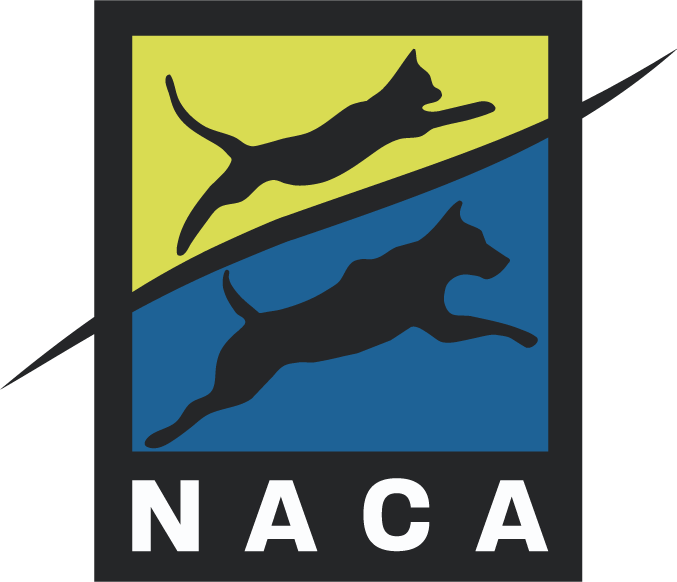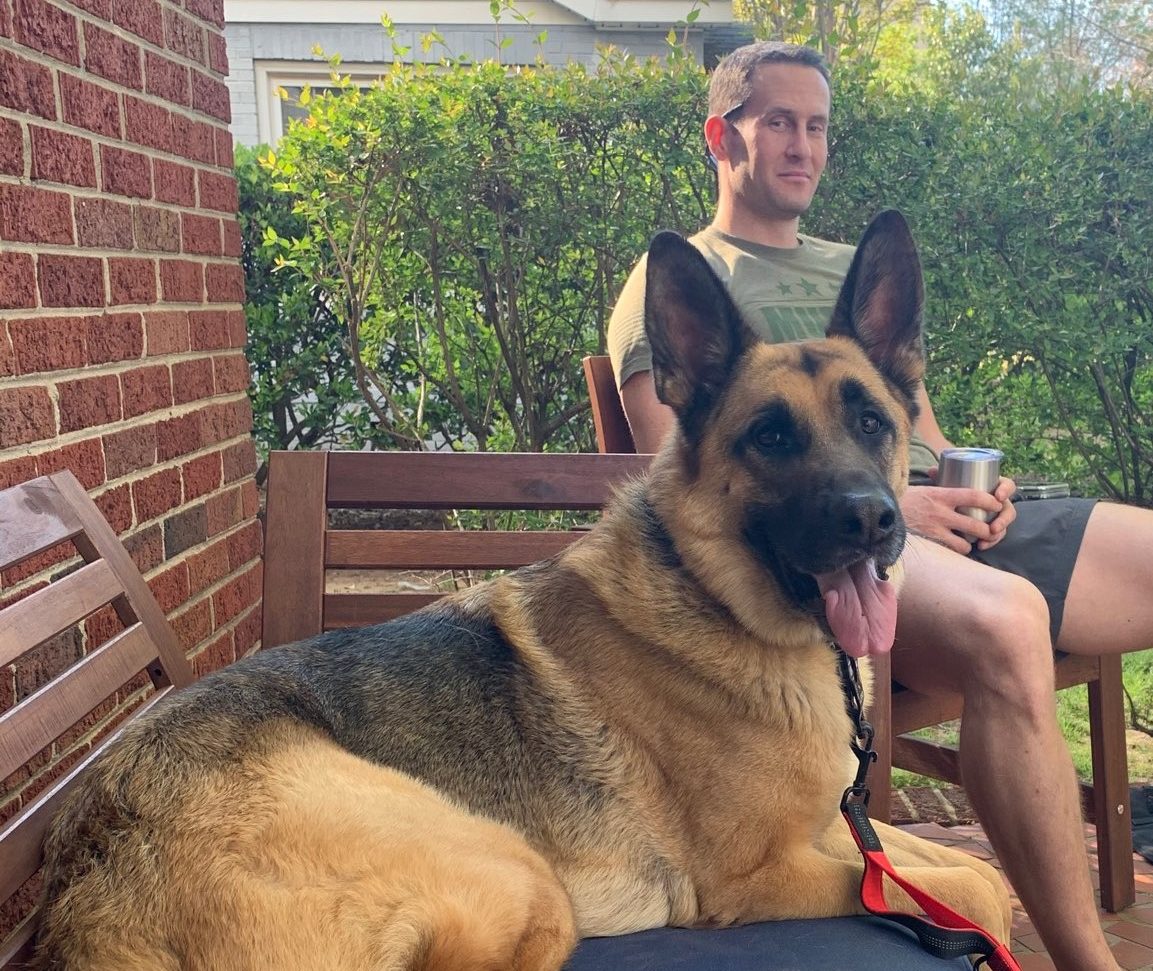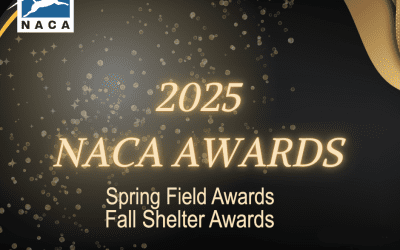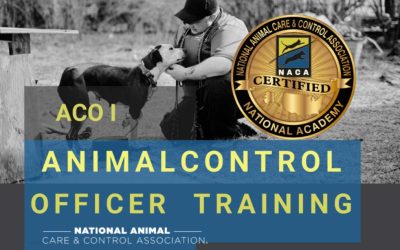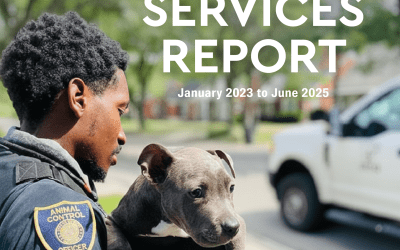The American Veterinary Medical Association put an updated statement addressing the SARS-CoV-2 in animals, including pets. This statement provides some excellent information that provides clarity to many of the questions we have heard from animal services staff, volunteers, and the community at large.
The main takeaways are:
- Current expert understanding is that COVID-19 is primarily transmitted person-to-person.
- There is no evidence that dogs and cats naturally infected with the SARS-CoV-2 virus (the virus that causes COVID-19) spread it to other pets or people.
- There is no reason to remove pets from homes where COVID-19 has been identified unless there is a risk that the pet itself is not able to be cared for appropriately. The best place for pets is at home.
- If you are ill with COVID-19, you should restrict contact with pets and other animals.
- Despite over one million cases of COVID-19 worldwide, we have only seen examples of two dogs, one cat,, and one tiger with positive tests for infection as a result of suspected natural spread.
As always, our top priority is the health and safety of our animal services staff and the communities (including pets) that we serve. It is for this reason that we are asking animal services, especially municipal shelters or shelters, holding a municipal contract to adhere to emergency field operations only. This means limiting calls for service to public safety concerns, sick/injured animal calls, and legally mandated quarantines that cannot take place outside the shelter. As we begin to see larger numbers of people impacted by COVID-19, we must prepare for the possible influx of COVID exposed animals to our shelters.
The first thing animal services agencies should be doing to prepare for this potential influx is communicating the urgency for pet owners to have a plan. Pet owners should develop an action plan for what will happen to their pet if they are to fall ill and are unable to provide care, including the name and contact information for a family member or friend who has agreed to provide care. Here is a sample outline for such a plan.
In the event that pets must come into a shelter, municipal shelters and those holding municipal contracts are most likely to have staff appropriately trained and equipped to deal with infectious disease outbreaks. These organizations should also have a veterinarian on staff or a contract with a veterinarian who can provide medical oversight/guidance for the reduction of spread. The key points regarding this type of intake transition are:
- Quarantine facilities should only be taking in sick/injured animals, animals exposed or potentially exposed to COVID-19, and animals on legally mandated rabies quarantine that cannot take place outside the shelter.
- Local Non-Profit Shelters (not operating government contracts), rescue organizations, and foster networks should be utilized to take in and house healthy stray and owner surrender pets.
- Animals taken in for COVID-19 quarantine should be housed in isolation (separated from all other animals housed at the facility) for 14 days before transitioning to other placement options, including short- or long-term foster care.

